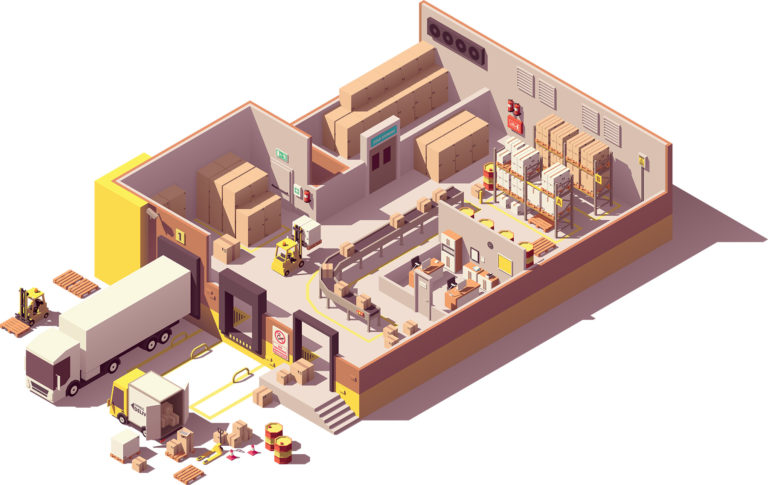For the past few decades, supply chain disruptions were few and far between. Companies could quickly work past delays. As a result, most businesses subscribed to a lean inventory model to reduce costs and avoid a mismatch of supply and demand.
However, COVID-19 changed everything. As China suppliers were shut down for months at a time, businesses faced significant disruptions. Many companies learned how important it is to prepare for inevitable delays.
Here are some tips to help your organization prepare for any future supply chain delays.
Tips to Prepare for Supply Chain Delays
While most companies have a smooth supply chain again, the best way to handle a disruption is to plan ahead. Here are some ways to ensure business continues to run effectively even if there is a delay or disruption:
- Create an emergency plan. It’s only a matter of time before an emergency will again affect the supply chain. Plan for ways to move goods around in case there is an emergency. Also, set up an emergency budget in case of any cash flow problems. Also, consider how you can use technology to help fill gaps, such as a worker shortage.
- Build up your inventory. Many companies ran into problems last year subscribing to the lean inventory model. Just-In-Time inventory is a thing of the past. In fact, many companies now have up to four times the amount of inventory than they did before COVID-19. Be prepared with inventory in case you are cut off from your supply chain.
- Get backup suppliers. The companies first hit by supply chain disruption were those that relied heavily on Wuhan for their supplies. Many did not even realize how much of their goods came from China and had no alternatives. Diversify your suppliers and get back up in case the worst should happen. Getting a variety can help prevent disruptions.
- Partner with an expert. While it’s easy to realize you need an emergency plan, you may not realize there are gaps in your plan until your supply chain is disrupted. A procurement expert can help you develop an effective solution should there be a significant delay in supplies. They can both help you come up with one ahead of time and help you make the right choices in the middle of an emergency.
What to do if there is a Supply Chain Disruption
When there is an emergency and your supply chain is delayed, there’s no need to panic. Taking simple steps can help ensure that your customers stay happy and your business stays afloat:
- Notify your customers. Nothing is more frustrating than placing an order and hearing nothing about it for weeks or months on end. If they have to come to you first, they will most likely be angry. Be proactive to let them know what is happening.
- Evaluate your supply chain. Where are the delays happening? See if there is a way to diversify and get your supplies elsewhere.
- Estimate your available inventory. Audit what supplies and products you have to maximize whatever is available. You may even want to take a physical inventory to make sure everything is accounted for.
- Optimize production and distribution. The safety of employees and suppliers is most important. Optimize your strategies to ensure everyone is safe while products are made and delivered.
- Find flexibilities. Emergencies are a time for flexibility. Find where you can have slower delivery or different transportation. Maintain a strong relationship with your suppliers and communicate with them to be as efficient as possible.
Stay Prepared for Emergencies
As the past 18 months showed us, emergencies are inevitable. However, the right plan can help ensure you stay profitable even when your supply chain is disrupted. Supply chain experts can assist you as you navigate emergencies and plan for the future.
Need help to ensure your business stays profitable even during a supply chain emergency? Contact our experts today!



